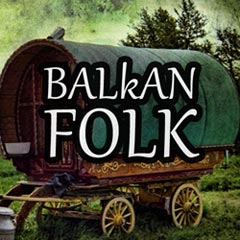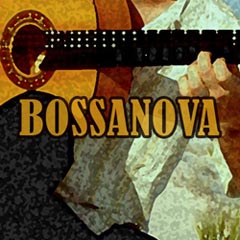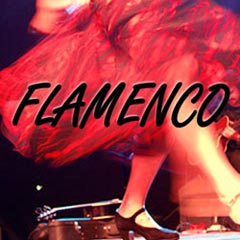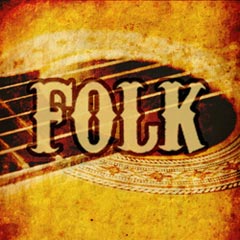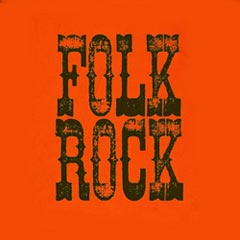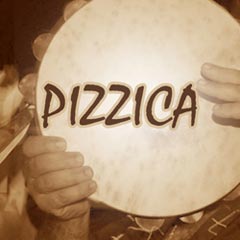Celtic
Ancient and mysterious rituals . Celtic music is a genre that traces its origins back to the Celtic people, who lived in Iron Age and Medieval Europe. This type of music has been a source of inspiration for centuries, through traditional folk ballads or the boisterousness of living room jigs and reels. Including sung and instrumental forms, Celtic music crosses genre boundaries to encompass anything from devotional supernatural songs to military tunes, ensuring an interesting sound all its own. Today it continues to embrace multiple modern interpretations! Traditional instruments within Celtic are flutes & tin whistles, fiddles & violins, harps & jaw harps, harmonica & hammered dulcimers or pipes just name a few. Each instrument bring the whistle-intense drones or bow works cheering with solos echoing the quirks of spontaneous jamming withe it's wide array of strings softly crying for passionate listens all around.
The Ancient and Mysterious Rituals of Celtic Music
If you are a fan of music, then it is highly likely that you have heard about Celtic music. The genre is renowned for its melodious tunes and unique blend of instruments that produce enchanting sounds. Celtic music is a genre that dates back to the Celtic people, who lived in Medieval Europe. The music has influenced various cultures and inspired many artists over the centuries. In this article, we will delve into the ancient and mysterious rituals surrounding Celtic music and explore the various instruments used to create its captivating sounds.
Celtic music is deeply rooted in ancient traditions and rituals that have been passed down through generations. The ancient Celts believed in the supernatural and their music was often used to evoke spirits and connect with otherworldly beings. Music was also used during important events such as weddings, festivals and even funerals. The music was believed to have a powerful effect on the emotions of the audience and to create a sense of unity and belonging.
Instruments such as the harp, tin whistle, and bagpipes were commonly used in Celtic music. The harp, in particular, had a special place in Celtic culture and was often used to accompany poetry and storytelling. Today, many modern Celtic musicians continue to incorporate traditional instruments into their music, while also experimenting with new sounds and technology to create a unique blend of old and new.
Celtic music is also known for its unique style of singing. Traditional Celtic songs are often sung with a high-pitched, nasal twang that is instantly recognizable. The lyrics often tell stories of love, loss, and ancient folklore which add to the mystical quality of the music. Some of the most famous Celtic songs and ballads include Danny Boy and The Wild Rover.
The popularity of Celtic music has grown over the years, with many festivals and concerts dedicated to the genre. Celtic music is not only enjoyed in Ireland, Scotland and Wales where it originated but is gaining a global audience especially since the movie Braveheart played its Celtic soundtrack.
Celtic music is a genre that has managed to retain its mystical qualities, while also embracing modern interpretations. The ancient and mysterious rituals surrounding Celtic music have helped it to stand the test of time and continue to inspire artists today. The genre's unique blend of instruments, singing style, and storytelling has captured the hearts of millions of music lovers around the world. Whether you enjoy the traditional folk ballads or the upbeat jigs and reels, there is something for every music fan in Celtic music.

